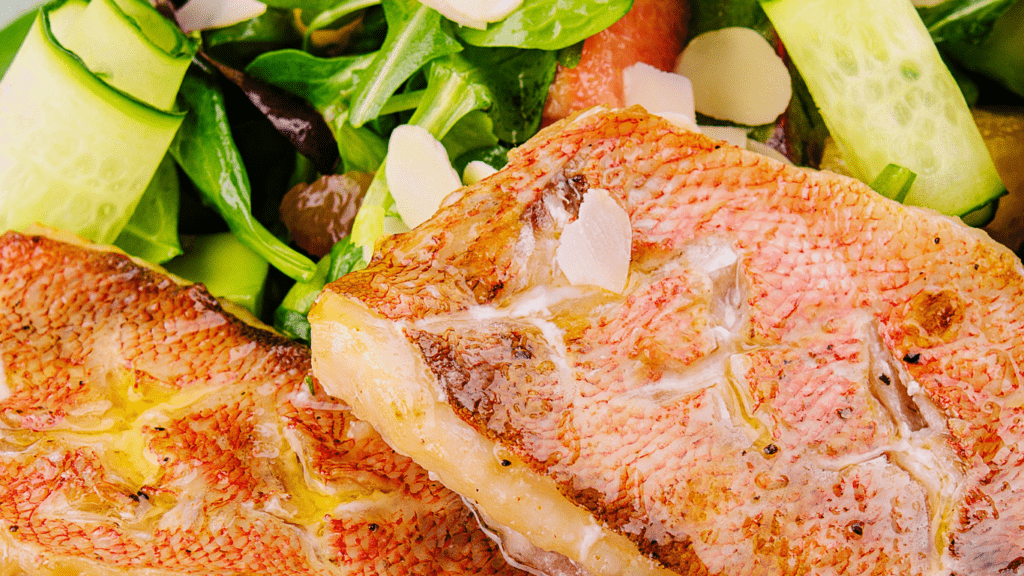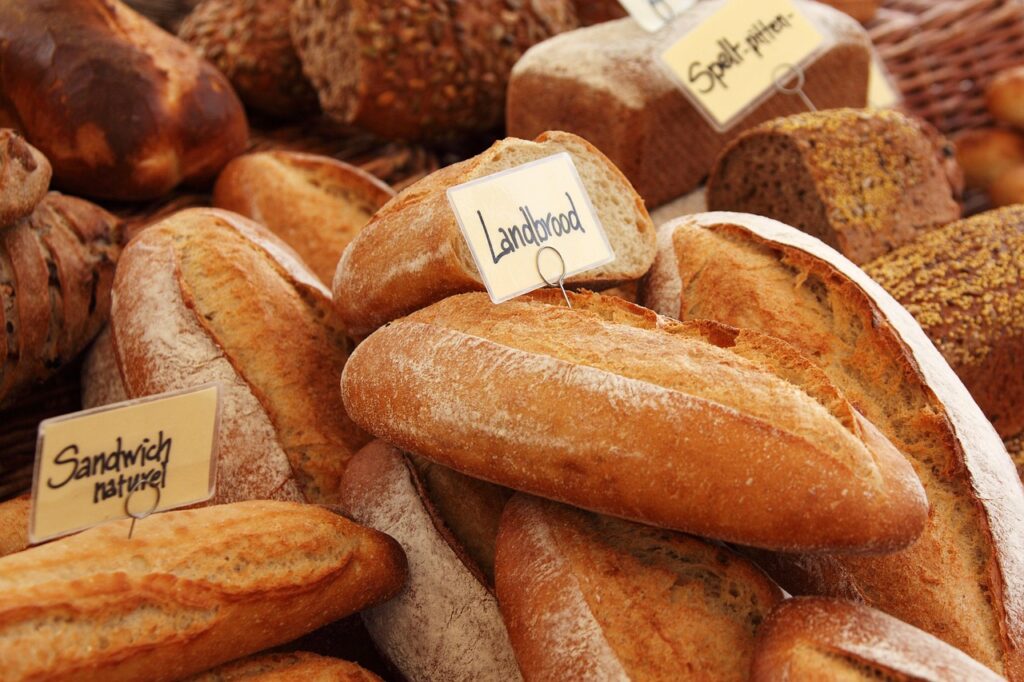Understanding the Nutritional Needs of Senior Pets
Recognizing the distinct nutritional requirements of senior pets boosts their overall well-being. I’ll explore why tailored diets and awareness of common age-related health issues are crucial.
Importance of Tailored Diets
Different nutrients impact health significantly. Proteins support muscle maintenance. Older pets benefit from easily digestible proteins, like chicken or fish.
Vitamins and minerals aid in overall health, reducing the risk of deficiencies. Omega-3 fatty acids, for instance, improve joint health and reduce inflammation.
Fiber helps with digestion and maintains healthy body weight, essential for senior pets with sensitive digestive systems. A tailored diet includes the precise balance of these nutrients, catering to the specific needs of aging pets.
Common Age-Related Health Issues in Pets
- Senior pets often face health issues that impact their diet.
- Arthritis, for example, limits mobility, requiring diets rich in anti-inflammatory ingredients.
- Dental issues, such as periodontal disease, make chewing painful, necessitating soft or specially formulated dry food.
- Cognitive decline affects appetite, mandating diets with brain-supportive nutrients like antioxidants.
- Chronic illnesses, including diabetes and kidney disease, require specific dietary adjustments.
Understanding these common issues allows me to select appropriate food, promoting longevity and quality of life.
Choosing the Right Food for Your Senior Pet
Selecting the right food greatly impacts the health of senior pets. It’s crucial to understand their unique dietary needs.
Dry vs. Wet Food Considerations
Both dry and wet foods have benefits and drawbacks. Dry food may help maintain dental health by reducing plaque buildup due to chewing. However, wet food can be more palatable and provide extra moisture, which is essential for pets that might not drink enough water. Choosing between them depends on your pet’s preferences, health conditions, and dietary requirements.
Critical Ingredients for Aging Pets
Certain nutrients support the health of senior pets. High-quality proteins are key for maintaining muscle mass. Omega-3 fatty acids help reduce inflammation and improve joint health.
Fiber aids in digestion and maintains a healthy weight. Vitamins and minerals ensure overall vitality. Always check the ingredient list to ensure the food includes these essential nutrients.
Supplements and Additives for Enhanced Health

Providing the right supplements and additives can significantly enhance your senior pet’s health. Let’s explore some targeted options for specific needs.
Joint Supplements
Joint supplements play a crucial role in maintaining mobility and reducing discomfort in aging pets. Glucosamine and chondroitin are top supplements for joint health.
These compounds support cartilage repair and reduce inflammation. MSM (methylsulfonylmethane) offers additional benefits by alleviating pain and enhancing joint flexibility.
For pets with severe joint problems, supplements containing collagen can be beneficial, aiding in overall joint structure. Always consult a vet before introducing new supplements to ensure safety and efficacy.
Cognitive and Digestive Enhancements
Cognitive decline and digestive issues are common in senior pets. Antioxidants like vitamins E and C, along with omega-3 fatty acids, support brain health and slow cognitive decline.
These nutrients protect brain cells and enhance cognitive function. Adding probiotics to your pet’s diet improves gut health by promoting a balanced intestinal flora, which aids in digestion and nutrient absorption.
Prebiotics, like inulin, further support digestive health by feeding beneficial bacteria. For optimal results, consult a vet to tailor these supplements to your pet’s specific needs.
Feeding Schedules and Portion Control
Establishing a consistent feeding schedule and controlling portion sizes are essential for maintaining your senior pet’s optimal health.
Adjusting Meal Times and Quantities
Feeding senior pets at regular intervals helps regulate their metabolism. Smaller, more frequent meals can prevent overeating and aid digestion.
If your pet exhibits reduced activity levels, adjust portion sizes to avoid weight gain. For example, feed an adult cat two to four small meals daily, depending on its caloric needs and activity level.
Monitoring Weight and Health
Regular monitoring of your pet’s weight ensures they stay within a healthy range. Weigh your pet monthly to track changes, and consult your vet if you notice significant fluctuations.
Regular vet check-ups can help detect early signs of health issues and make dietary adjustments as needed. For instance, a senior dog with a tendency to gain weight might benefit from a low-calorie diet and increased physical activity.
The Role of Regular Veterinary Check-Ups
Regular veterinary check-ups significantly contribute to a senior pet’s health. They ensure early detection of potential issues and allow for timely dietary adjustments.
Importance of Regular Health Assessments
Periodic health assessments help monitor your pet’s overall well-being. Vets can detect age-related problems like arthritis or cognitive decline in their early stages.
Blood tests, physical exams, and diagnostic imaging provide insights into underlying conditions that might require changes in diet or treatment plans. For example, a vet might notice subtle signs of kidney issues, prompting a shift to kidney-supportive food.
Understanding Veterinary Dietary Recommendations
Veterinary dietary recommendations offer tailored advice for your senior pet. Vets consider such as:
- health conditions
- weight
- nutritional needs
They may suggest specific diets enriched with omega-3 fatty acids for joint health or high-fiber foods to prevent obesity. These recommendations ensure your pet receives balanced nutrition that addresses their unique health challenges, promoting optimal health and longevity.


